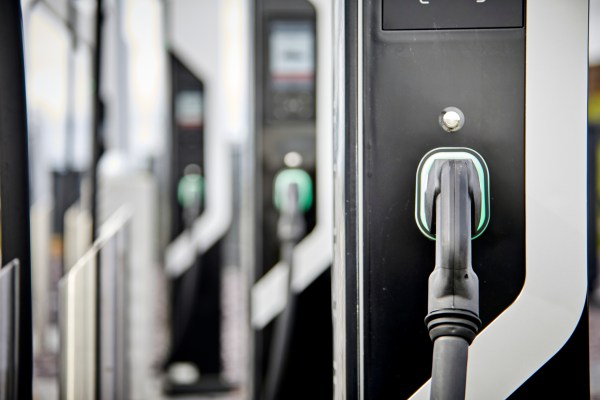States have taxed motorists at the pump for more than a century. Yet, as electric cars gain ground, what happens when folks stop refueling altogether?
State lawmakers are increasingly imposing annual fees on EV owners, arguing they should pay up because they still rely on public infrastructure to get around. Texas is on track to become the latest state to levy such a tax, following more than a dozen others, including Georgia, Michigan and Ohio.
The Texas Senate passed SB 505 at the end of March. This week, the state’s House has cleared a similar bill, sending it on to Gov. Greg Abbott’s desk. The latest version of the bill lays out a $200 yearly registration fee for electric vehicles, with exceptions carved out for slow “Neighborhood Electric Vehicles,” as well as autocycles, mopeds and motorcycles. The bill states that the resulting fees “must be deposited to the credit of the state highway fund.”
Though Texas is certainly not alone in moving forward with such a bill, its $200 fee is on the high end, matching only Georgia. Colorado is the state with the lowest EV fee (excluding states that have no fees), at $50 per year.
Speaking against the bill in a statement to local media outlet KRLD, Environment Texas director Luke Metzger argued the $200 fee is punitive and “will make it harder for Texans to afford these clean vehicles which are so critical to reducing air pollution in Texas.”
Electric cars are still priced out of reach for many Americans. In September 2022, the average price for EVs sat at $65,291, versus $48,094 for gas guzzlers, per Cox Automotive.
